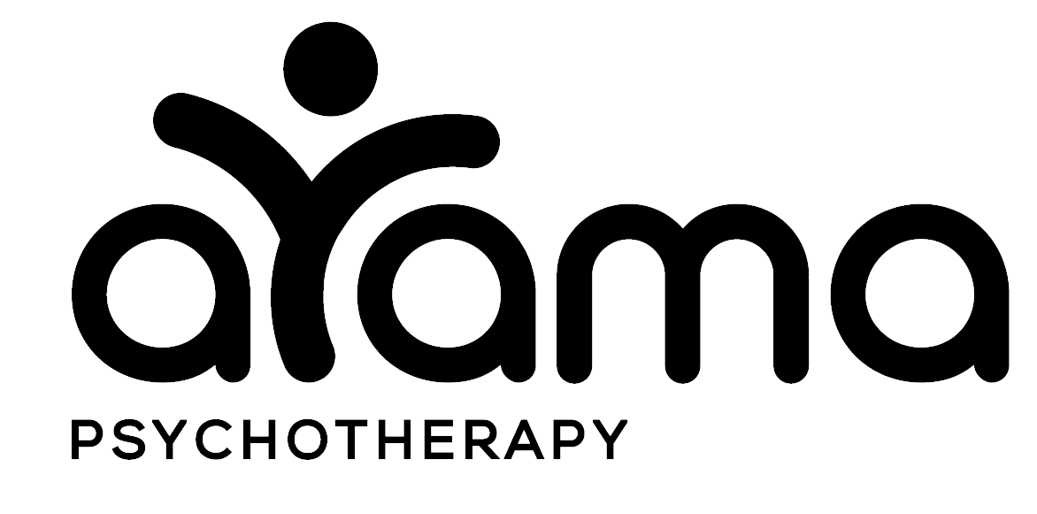I wouldn't call a 4-hour night of sleep "bad"
I am so curious to know if you agree or disagree when I say, "I wouldn't call a 4-hour night of sleep bad.” I realize that it is a provocative statement, and I don't necessarily enjoy a short night of sleep, but there is an important function of a 4-hour night of sleep for which I have deep gratitude.
This topic is on my mind because we have our "newbies" starting out in our self-help group for chronic sleep problems. When making sleep changes, especially in the beginning stages, it's important to grasp the idea that we don't have to catastrophize a short night of sleep.
When you understand the mechanisms of how good sleep works, then you also understand that technically, a 4-hour night of sleep is “short” and not “bad.” Short nights of sleep actually set up the body to be followed by a night of high-quality sleep.
The reason for this is that a short night of sleep maximizes something called “sleep drive." Sleep drive is why people often yo-yo between "good" and "bad" nights of sleep. We can learn to collect our sleep drive in a way that allows us to have consistent ease in falling asleep and staying asleep.
In contrast, we can also sabotage sleep drive inadvertently, creating sleep that is broken, restless, low quality, and yo-yos between high quality and low quality.
I have lots to say on this topic...but if I have to choose one area that may be relevant to a lot of people, it would be to practice mindfulness about your assumption or language around calling a short night of sleep "bad." Some alternatives include "inconvenient" or "challenging" or just plain, "short." AND, remember that a short night of sleep sets up the body for restful sleep.
Want to know more? Sleep drive is a topic and cornerstone of sleep knowledge needed when it comes to addressing sleep disruption. We continue to have one-on-one openings for CBT-I, and I've added some new info on our website, including some example sleep stats that we track in CBT-I. I'll open up registration for our online self-help course in August and am planning to keep it small and personal.
You can read more about our services.
